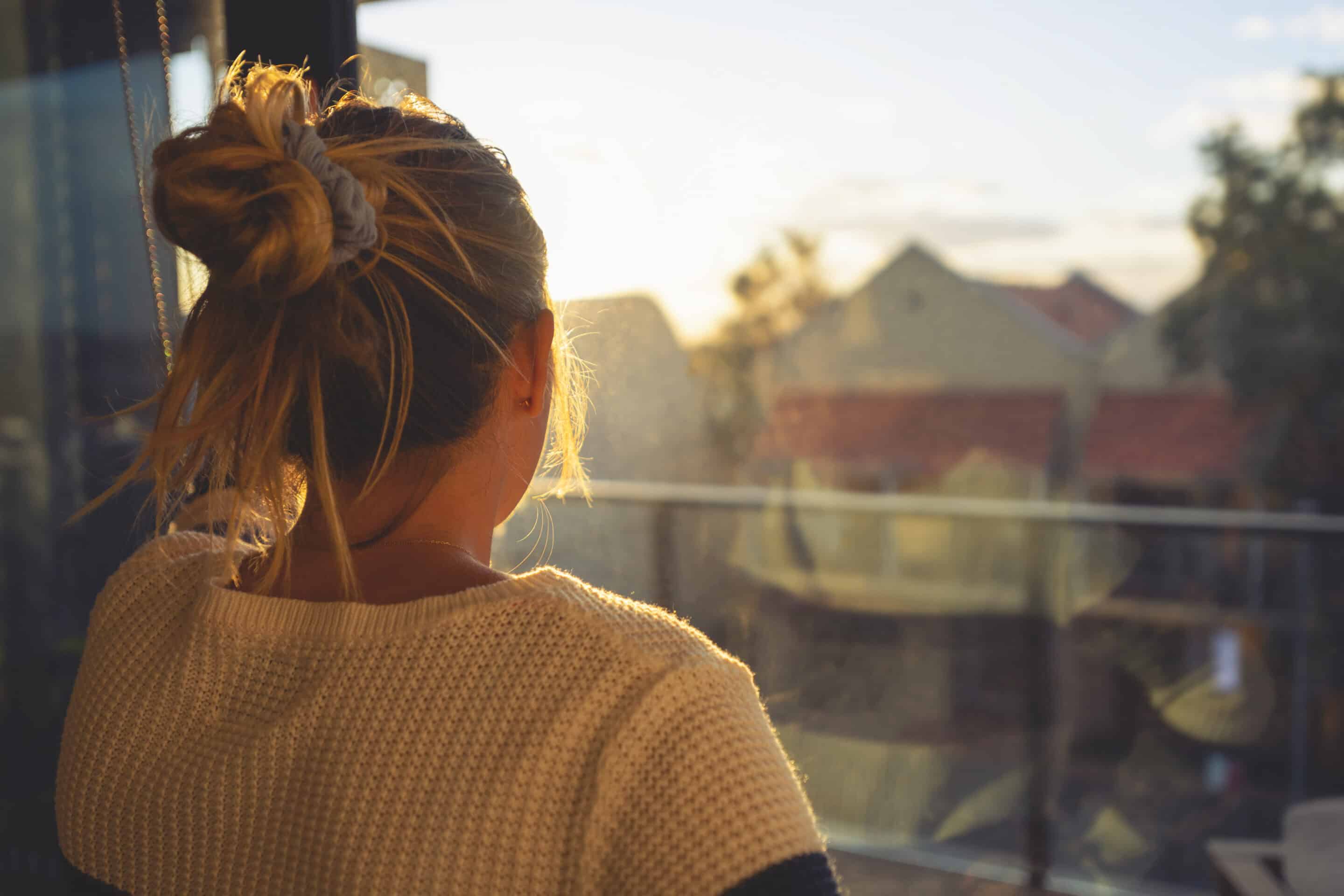
Social Futures, has welcomed government measures to address cost of living pressures – and a funding increase for the community services sector in the federal budget – but is calling for more investment in public housing.
Social Futures CEO Tony Davies said many households would welcome the expansion of Medicare bulk billing, energy bill relief and cheaper medicines, and he was glad to see a 15% boost to rent assistance.
Mr Davies said he was also pleased to see the $3.5 billion increase to incentivise General Practitioners to bulk bill.
“The change applies to children under 16 years and pensioner and Commonwealth concession card holders. That means about 11 million people could benefit from free doctor visits,” he said.
Mr Davies also cautiously welcomed the modest $40 per fortnight increase to income support payments like JobSeeker.
“For so many years that payment has been so low that recipients have struggled to pay their living expenses and find a new job,” he said.
“To be honest, $40 is nowhere near enough. Social Futures would have liked to see something that made a real difference.
“It is encouraging to see that workers over 55 years will receive a higher payment, but really this should go to people of all ages. Rents are too high regardless of your age and the low levels of Youth Allowance are unconscionable.”
Mr Davies did applaud the $9 billion increase in childcare subsidies over the next four years, which should benefit around 1.2 million families.
Mr Davies also hailed the increase in community service funding in last night’s budget.
“Charities and not-for-profits, like Social Futures, have been calling for our funding to be increased in line with the wage price or consumer price index. I’m very glad Treasurer Jim Chalmers has listened,” Mr Davies said.
“Australian organisations that deliver community services like housing, family support and mental health supports will receive an extra $560m over the next four years. This is great news given costs are rising on so many fronts.”
Mr Davies said an area where the government had fallen short was housing.
“This is the worst national housing crisis in living memory and it is clear that Australia needs more investment in public housing,” he said.
A coalition of charities behind the national Everybody’s Home campaign is calling for at least 25,000 social homes to be build every year for the next 20 years.
“The government’s housing fund will only pay for the construction of 20,000 social housing properties over the next five years – that is clearly not enough to meet the nation’s burgeoning housing needs,” Mr Davies said.
The government’s Housing Fund has not yet been approved by the senate, with the crossbench demanding change.
Mr Davies also questioned the value of negative gearing for investors, who buy rental properties, and its impact on the housing market.
“Rents are soaring, meanwhile a report by Anglicare has found that the top 20% of income earners will have received more than $42 billion in negative gearing and capital gains concessions and exemptions this financial year,” he said.
The budget has outlined more funding for community housing providers and new tax breaks for build to rent.
“Overall, this budget is a step in the right direction with increased supports for people who are struggling but of course the community service sector would like the government to go further and deliver more provisions for those doing it hard,” Mr Davies said.